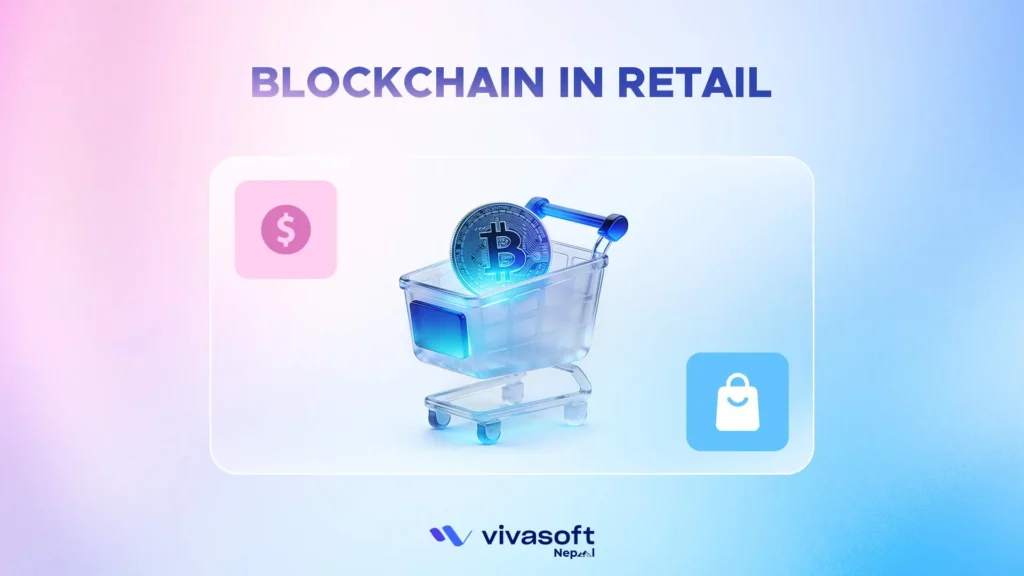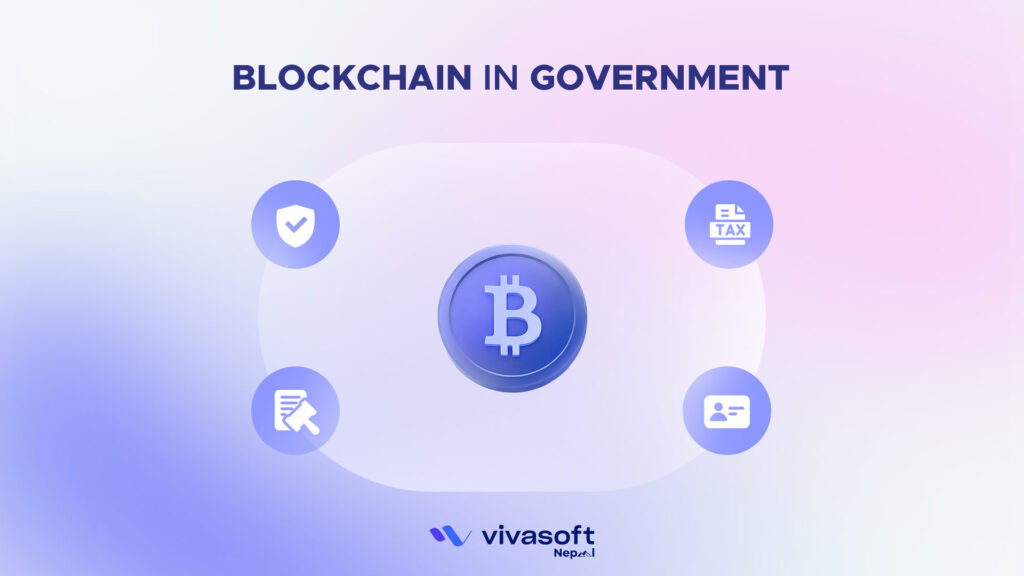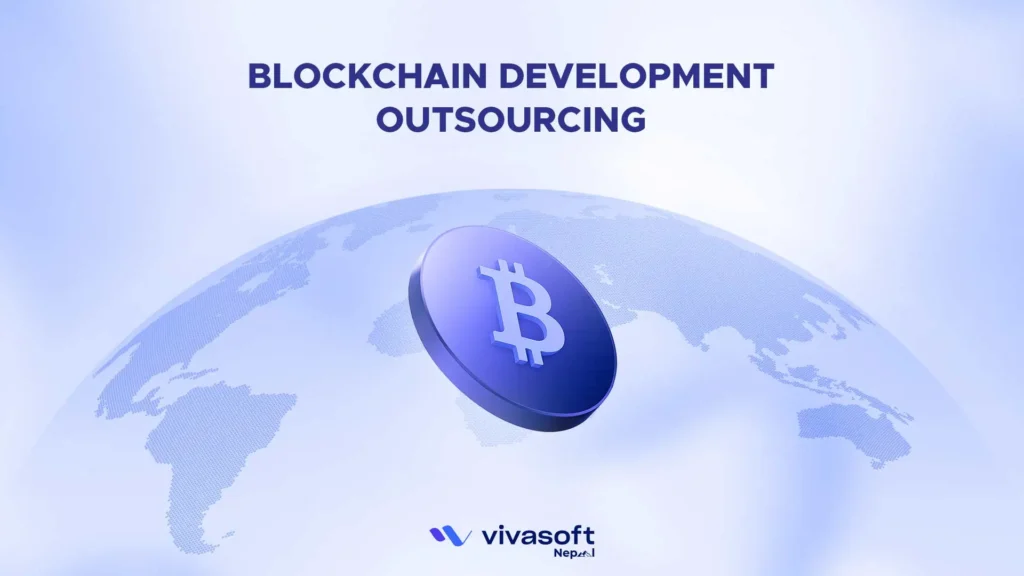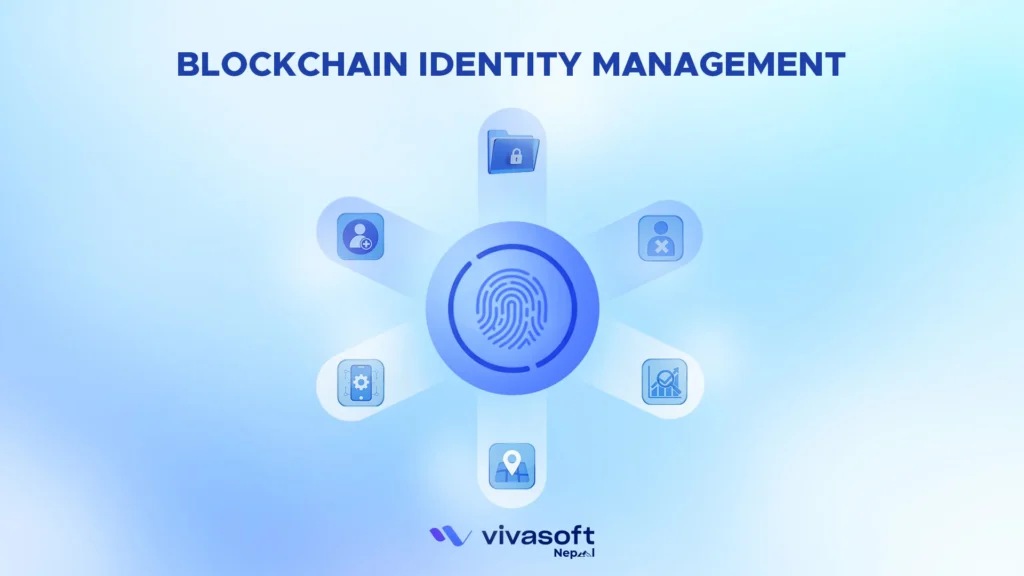Modern business challenges require modern solutions. Enterprise blockchain networks are a prime example of it. This technology is a perfect tool for storage, sharing, and transactions. Enterprise blockchains are blockchain networks suitable for enterprise usage and are private or permissioned for specific entities.
Inside the network, authorized users can take part in consensus, make smart contracts, and share or access data. Since it is still a fairly new technology, many are unfamiliar with its ins and outs. Are the claimed benefits of enterprise blockchains actually achievable? How many types exist, and which industries can benefit the most from this system? These are common questions flying around the digital world. Let’s discuss them in this blog.
What is Enterprise Blockchain?
Enterprise blockchain refers to a type of blockchain that only the authorized parties can access. When we hear blockchains, we usually think about Bitcoin or Solana. However, those are only public blockchains, meaning anyone can access their networks.
Meanwhile, typical enterprise blockchains keep their networks under lock and ensure every entity is reviewed before deciding whether they can enter. Consider this like a security guard who checks whether you have the invitation or not to enter a function.
In this digital age, privacy and security are two of the primary concerns and necessities of any business model. Enterprise blockchains are the cutting-edge technology on that end. You can still utilize common public blockchain technologies like Distributed Ledger Technology or smart contracts in an enterprise blockchain solution.
What Are the Types of Enterprise Blockchain Networks?
Keep in mind that an enterprise blockchain solution gives you the option to choose the level of control and transparency. That means you can also choose to have it public, fully or partially, depending on the type you go for. There are four types of enterprise blockchain networks
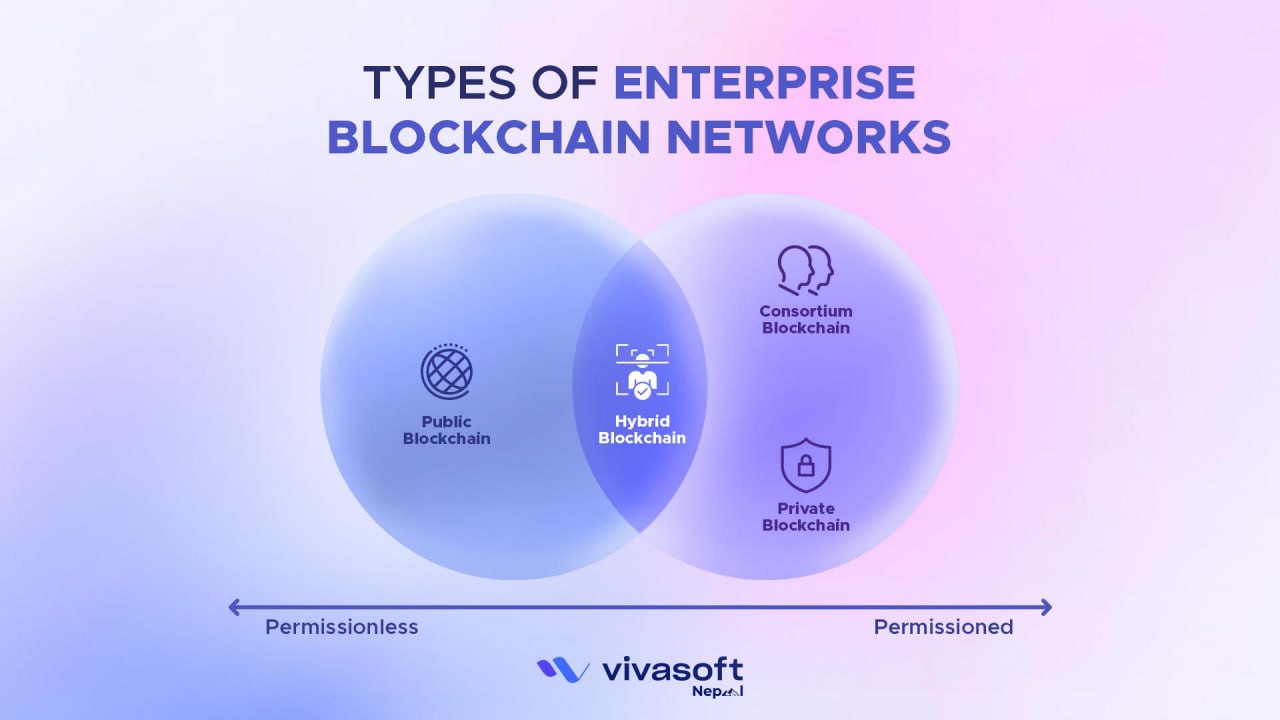
Public Blockchain
These are open to anyone with no vetting process. Many don’t want to associate them with enterprise blockchains due to the lack of control. As you can guess, they are mostly unsuited for enterprises. However, a business may still find them helpful for specific tasks. Entities that enter a public blockchain can also validate transactions and join a consensus. Examples include Bitcoin or Ethereum.
Private Blockchain
Private blockchains keep their networks restricted and only accessible to the permitted group of participants. It can be some specific trusted members within the agency or a certain group working on a project. R3 Corda and Hyperledger Fabric are two names that always come up when talking about private blockchains.
Consortium Blockchain
Also known as Federated Blockchain, they are shared blockchain networks between multiple organizations. It is a private blockchain. The only difference is that it is designed for several agencies to work together under one network. The IBM Food Trust is a notable example suitable for managing supply chains.
Hybrid or Semi-Private Blockchain
They feature a mixture of public and private blockchain. Here, part of the network remains open to all, and the rest is restricted. They give the best of both worlds with a balance between transparency and control. IBM Food Trust also falls within the hybrid category due to its design.
How Does Blockchain Work for Enterprise Businesses?
Enterprises use blockchain technology to ensure security and transparency in multi-user workflows. Unlike public blockchains, enterprise systems are more optimized for performance.
- Distributed Ledger Technology (DLT): Every participant has a synchronized copy of the ledger. This eliminates single points of failure thus reducing disputes.
- Permissioned Access Control: Only authorized parties can access and make changes. This keeps sensitive business data secure.
- Enterprise-Grade Consensus: Enterprise networks often use more efficient mechanisms like Practical Byzantine Fault Tolerance (PBFT) or Proof of Authority (PoA). These approaches support higher transaction speed and lower resource usage than slow models like Proof-of-Work.
- Smart Contracts for Automation: Self-executing rules automates business processes such as payment releases. This speeds up operations while reducing manual work and risks.
- Immutable & Auditable Records: The recorded data cannot be changed or removed. This increases auditability and trust.
- Flexible Integration & Modular Design: Enterprise blockchains can integrate with existing ERP, CRM, IoT and other data systems. Many enterprise blockchain development companies offer customized solutions for data flows tailored to performance needs. They may use modular architectures, separating tasks like consensus, execution, settlement, and data handling.
What Are the Benefits of Enterprise Blockchain for Businesses?
Enterprise blockchain solutions provide more than digital data security and control. Any organization can benefit from the smoothness of the blockchain’s workflow.
Added Security and Privacy
First and foremost, the restricted access already secures any data and transaction record from unwanted parties. Meanwhile, enterprise blockchains also guarantee that even those with access can’t alter any record using a consensus mechanism.
Enhanced Efficiency
Since there are no middlemen needed to evaluate a transaction, blockchain transactions are much quicker and with less cost. Moreover, smart contracts trigger automatically when the conditions are met, allowing an automatic and swift transaction of resources.
Better Record-Keeping
As mentioned, enterprise blockchain solutions keep data records unchangeable once a consensus is reached and a contract is made. That means the data stored here is more credible and accessible.
Blockchain Adoption Challenges and Solutions for Enterprises
Switching to a new technology is not easy and requires careful planning. Your blockchain solution design must accommodate your business model, size, data management protocol, and communication model.
Here are some common challenges enterprises can face when adopting blockchain technology (and their solutions):
| Challenges | Solution |
|---|---|
| Scalability Issue: If the transaction volume is too high or rapid, many traditional blockchain networks may struggle to keep up. | One common solution to this is to split the blockchain into multiple smaller ones to create a parallel transaction system. It is known as sharding. |
| Interoperability: Unless designed for integration, a blockchain usually can’t operate with another blockchain. As such, communicating, sharing, and transactions are difficult from one network to another. | If your business operations involve collaborating with other enterprises, a consortium blockchain will help. Additionally, interoperability protocols also allow separate blockchains to interact. |
| Regulation Issue: It is understandable that a business new to blockchain tech will be unfamiliar with the regulatory factors. | This can be solved by communicating properly with the blockchain developers and regulators. |
| Complexity: Many businesses find enterprise blockchain complex to work with. | To this end, a user-friendly interface is mandatory, and users must receive adequate training and education. |
| Cost: While efficient in the long run, the initial cost of blockchain adoption can be a problem for many enterprises. Maintaining the system also has its own price. | For the former case, a cloud-based enterprise blockchain solution can reduce the initial cost. Meanwhile, to reduce maintenance costs, you can choose a more efficient blockchain design. Finding the best one may require some research. |
Industries Using Enterprise Blockchain Solutions
While enterprise blockchains are practical and suitable for all types of industries, some benefit from them more. Here are some examples:
- Logistics and Supply Chain: In a supply chain and logistics organization, an enterprise blockchain network can guarantee the traceability and proper transport of goods. The blockchain records every part of the process, from the order to the storage, and finally, the delivery.
- Banking and Finance: High-value transactions occur regularly in the banking and finance sectors. As such, enterprise blockchain can help keep the process safe, the records secure, and prevent illegal activities. Not to mention, the faster transactions ensure better client satisfaction and trust, while saving the business lots of time. Many banks are also leveraging blockchain-based KYC systems to streamline identity verification and compliance.
- Healthcare: Healthcare industries can greatly benefit from hybrid blockchain networks. Here, they can keep patient records private in the database. Meanwhile, the authorities can share certain data for research purposes with the lab, keeping the patient’s identity hidden.
How to Choose the Right Enterprise Blockchain Development Partner?
An enterprise must choose a reliable and suitable blockchain development partner to address the challenges and ensure proper compatibility easily.
To find the right partner, start by exploring list of top blockchain development companies and see how the leading providers compare. Here are the common factors to check before you pick one:
- Review Track Records: Check their past projects and use cases to ensure they deliver what they promise. You may even find reviews, testimonials, and forum discussions to find a reliable developer.
- Check Technical Expertise: Evaluate their expertise and experience in blockchain development for your specific industry and with relevant projects, like Corda or Hyperledger.
- Check for Specific Skills: See whether the developers have skills with smart contract development, private blockchain implementation, etc.
- Security Audits: Make sure that the developers also run proper security audits and are skilled at security protocol implementations.
- Scalability: Ensure your blockchain development partner can build solutions that handle increasing users, transactions, and data without performance drops. This is essential for your business’s long-term growth.
- End-to-End Development: Look for a partner who offers full-cycle services. It includes initial consultations, architecture design, timely response, post-launch support, and even training.
Conclusion
While an enterprise blockchain solution comes with merits, not knowing the essentials and probable challenges can be detrimental. Moreover, being aware of all the benefits can also help with making the most of the blockchain technology.
With careful planning, understanding, and investigation, your business can easily gain an edge over your competitors regarding faster, safer, and more secure data management and transactions.
You are probably looking for a reliable blockchain partner right now, right? Vivasoft Nepal is a rising star in blockchain development. We provide end-to-end blockchain development services, from strategy and design to deployment and maintenance. Whether it’s DeFi, NFTs, or enterprise blockchain, we have the expertise to bring your vision to life. Contact our team for a free initial consultation and explore the right blockchain solution for your enterprise.
FAQs
What is the difference between enterprise blockchain and a traditional database?
The key difference is that traditional databases are controlled by a single authority and can be changed whereas enterprise blockchains are distributed and cannot be easily altered.
Is enterprise blockchain suitable for small businesses?
Yes, enterprise blockchain can work well for small businesses. It helps with secure data sharing, clear tracking between partners, and reduces errors, though the initial setup cost might feel a bit high.
Do enterprise blockchains work on cloud infrastructure?
Yes, enterprise blockchains can work on cloud infrastructure. Using platforms like AWS, Azure or Google Cloud makes it easier to manage and scale and you don’t need to worry much about hardware.
How does data privacy work inside a consortium blockchain?
In a consortium blockchain, only trusted members can see data. Encryption, off -chain storage and smart contracts keep information secure and unchangeable.
Can enterprise blockchains be updated or modified after deployment?
Yes, enterprise blockchains can be updated after deployment but changes are controlled and approved by the network, unlike public blockchains which are fully immutable.








